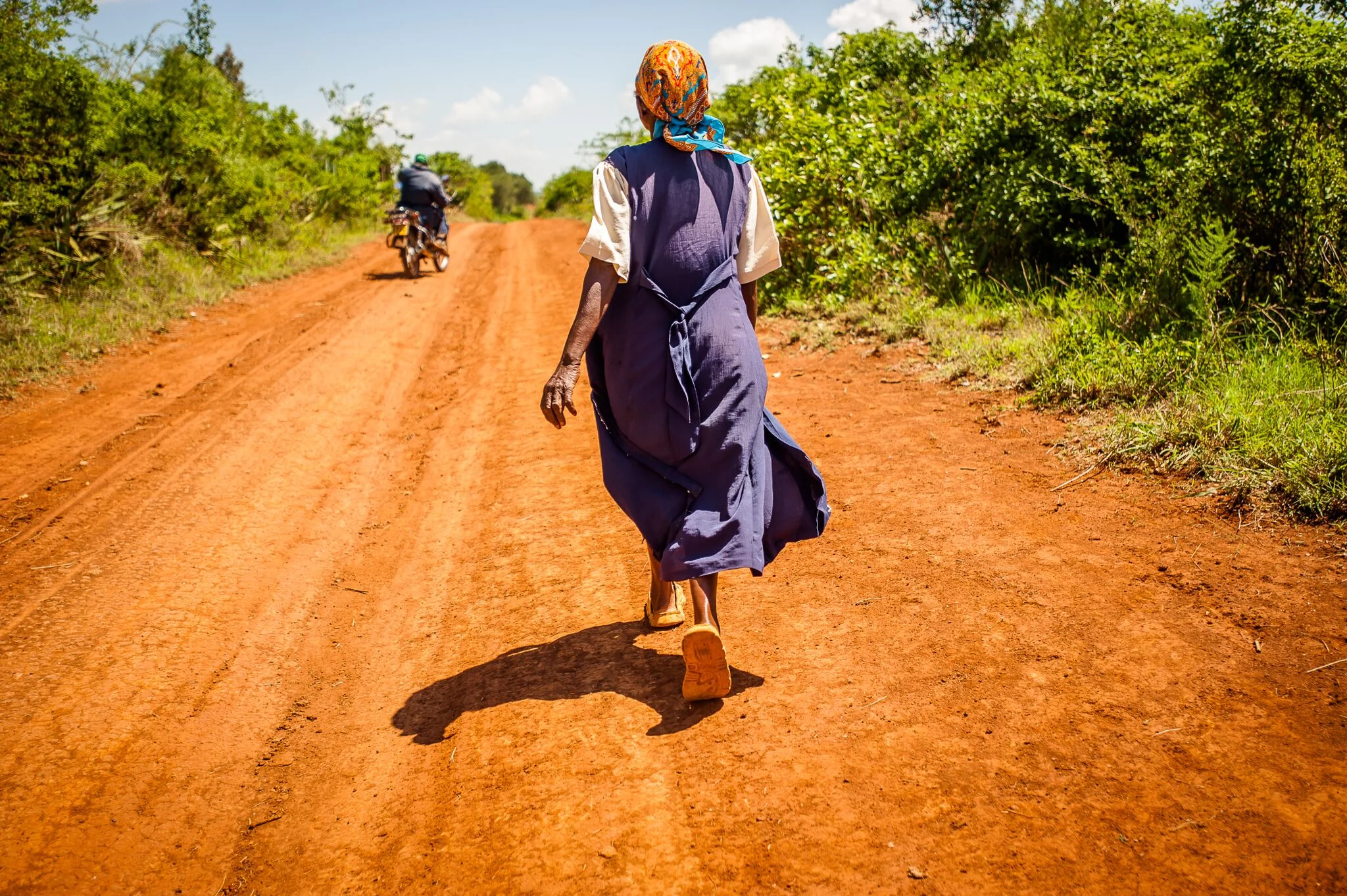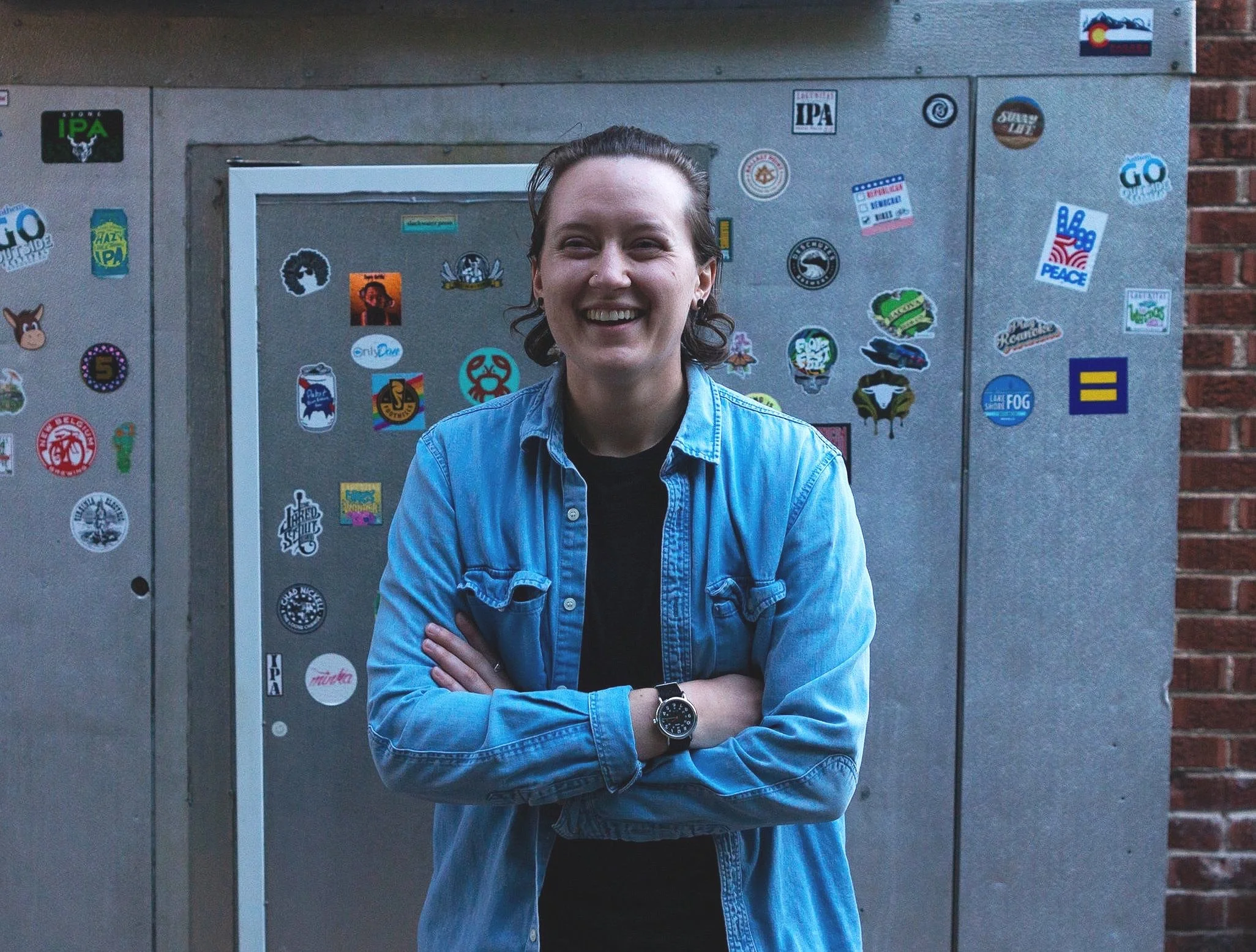PHOTO: Art Zaratsyan
For years, Kenya has struggled with nation-wide poverty. An issue that seems to be improving, but at a less than ideal rate. A report conducted by the United Nations revealed in that 2002, 57 per cent of people in Sub-Saharan Africa lived in poverty, whereas in 2012, the figure was almost 43 per cent.
Though numbers have dropped throughout the region, in Kenya alone, 46 per cent continue to live in poverty - a statistic that has not budged since 2002.
PHOTOS: Art Zaratsyan
During the end of 2016, many parts of Kenya faced a severe drought. In February 2017, President Uhuru Kenyatta declared the drought had the seriousness of a natural disaster. The Daily Nation reported that since the drought, more than 100,000 children under the age of five required treatment for severe acute malnutrition, and almost four-million people were in need of assistance.
PHOTO: Art Zaratsyan
NGO’s are working to increase capacity in order to assist people In Kenya - particularly children - facing impoverishment and other traumatic events like the ongoing drought. Elimu is a non-profit organization based in Ottawa, Canada that works to uplift youth, so they may live life to the fullest.
PHOTO: Art Zaratsyan
In Swahili, Elimu means education, something that helps millions climb out of poverty. Elimu - the trademark name for the Elimu Development Projects - is run and managed by a team of volunteers, and receives donations that go solely to the projects run by Elimu.
PHOTO: Art Zaratsyan
During a two-year volunteer trip in Kenya, Nina Chung founded Elimu. Today, Chung travels between Malindi, Kenya, and Ottawa, making Elimu her full-time priority. As Director of the NGO, Chung is the hands-on manager for all the diverse projects Elimu takes on.
Projects such as Stay in School. In Kenya, sponsor programs are available to support children and youth that earn grades of 80 per cent or higher. However, circumstances arise that lead some students to fall behind, with their grades slipping as a result. The Stay in School project assists youth whose caregivers are able to provide for their day-to-day needs, but are unable to pay for schooling.
PHOTO: Art Zaratsyan
Access to schooling is essential to a child's success, but is sometimes out of reach. In the rural Sabaki village, where homes are mostly made of mud, schools were a major need for young children. The government provided three schools for the region, however, they were an hour trek away from children's homes. Young students needed to be walked to school by their parents, taking time away from important chores such as gathering water and preparing meals.
PHOTO: Art Zaratsyan
In response to this problem, Elimu began fundraising for a new building in 2011. By early 2012, volunteers began construction of the first classroom and raised enough funds for a second classroom. In Dec. 2013, the Upendo Nursery School was complete.
PHOTO: Art Zaratsyan
Today, the school is up and running with four classrooms, two sets of boys and girls toilets, and fencing around the perimeter of the school to offer students safety and privacy. The school is run by the School Management Committee's team of dedicated volunteers.
PHOTO: Art Zaratsyan
Teaming up with Photographers Without Borders, Vancouver-based photographer, Art Zaratsyan traveled to Kenya to capture the positivity of the students, and Elimu's work being done in nearby communities.
PHOTO: Art Zaratsyan
To learn more about Elimu and to donate, click here.






















